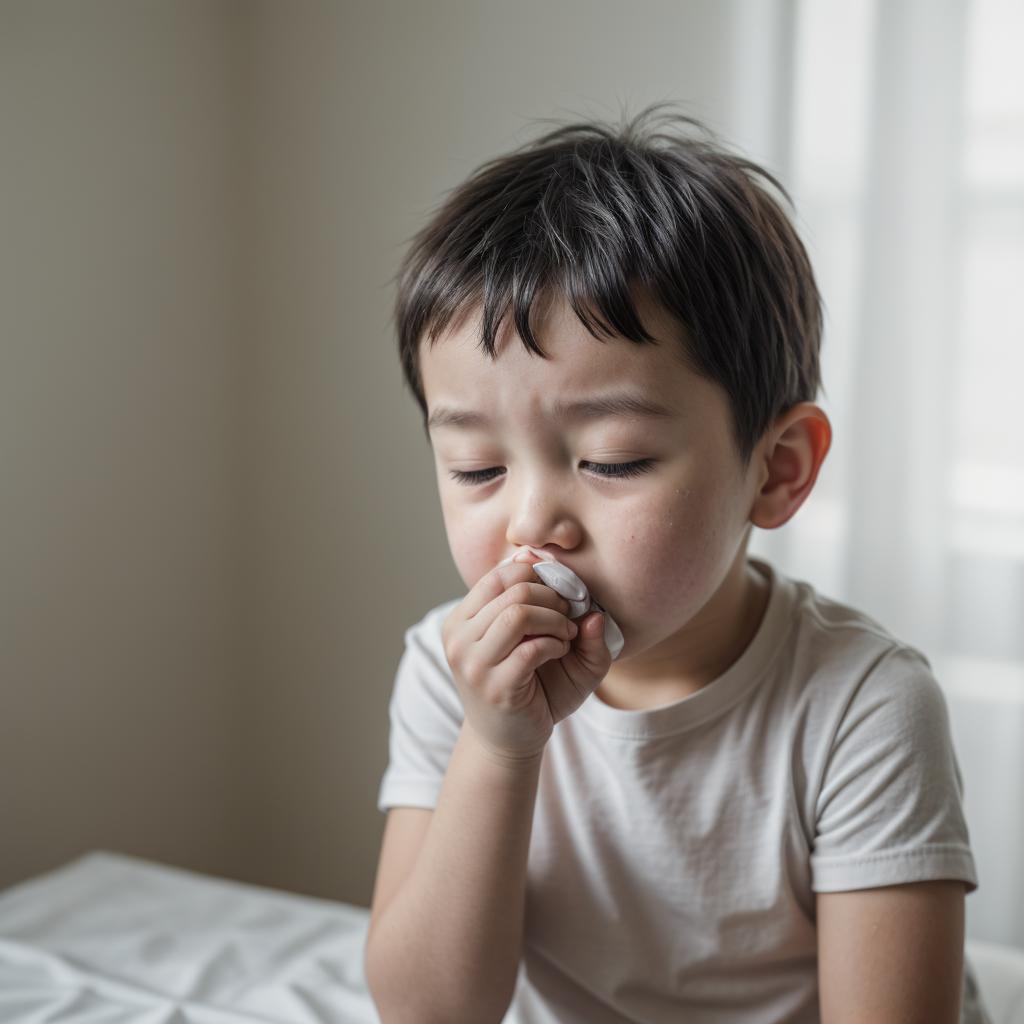

Understanding allergic reactions
Allergies affect millions of people worldwide, ranging from mild nuisances to life-threatening emergencies.
An allergic reaction occurs when the immune system overreacts to a harmless substance, known as an allergen. Common allergens include pollen, certain foods, insect stings, medications, and animal dander. Symptoms of an allergic reaction can vary widely, from sneezing and itching to difficulty breathing and anaphylaxis.
Importance of allergy first aid
Prompt and proper management of allergic reactions is crucial to prevent complications and ensure the well-being of the affected individual. Allergy first aid involves quick action to alleviate symptoms and, if necessary, seek medical assistance. While mild allergic reactions can often be managed at home, severe reactions require immediate medical attention.
Key steps in allergy first aid
Identify Triggers: Understanding what triggers allergic reactions is the first step in managing them effectively. Keep a record of symptoms and potential allergens to identify patterns and avoid future exposures.
Stay Prepared: Individuals with known allergies should always carry prescribed medications, such as antihistamines or epinephrine auto-injectors, to address symptoms quickly.
Recognize Symptoms: Be familiar with the signs of an allergic reaction, including hives, itching, swelling, difficulty breathing, nausea, and vomiting. Promptly address any emerging symptoms.
Administer Medication: For mild to moderate reactions, over-the-counter antihistamines can help alleviate symptoms such as itching and swelling. In severe cases, use epinephrine auto-injectors (e.g., EpiPen) as prescribed and seek immediate medical assistance.
Seek Medical Help: If symptoms persist or worsen, seek medical attention promptly. Severe allergic reactions, such as anaphylaxis, require immediate treatment in a hospital setting.
Additional tips for allergy management
Allergen Avoidance: Minimize exposure to known allergens by keeping environments clean, using air purifiers, and wearing protective gear if necessary.
Education and Awareness: Educate yourself and others about allergies, their triggers, and appropriate management techniques. Awareness can help prevent accidental exposures and ensure timely intervention.
Emergency Action Plan: Develop an emergency action plan in collaboration with healthcare providers for individuals with severe allergies. This plan should outline steps to take in case of an allergic reaction, including when to administer medication and when to seek emergency medical assistance.
Regular Follow-up: Schedule regular follow-up appointments with healthcare providers to monitor allergy symptoms, adjust treatment plans as needed, and ensure adequate preparedness.
Allergic reactions can vary in severity, but prompt and appropriate management is essential in all cases. By understanding common allergens, staying prepared, recognizing symptoms, and taking quick action, individuals can effectively manage allergic reactions and reduce the risk of complications. Additionally, education, allergen avoidance, and collaboration with healthcare providers are key components of successful allergy management strategies. Remember, when it comes to allergies, preparedness and proactive measures can make a significant difference in ensuring safety and well-being.



